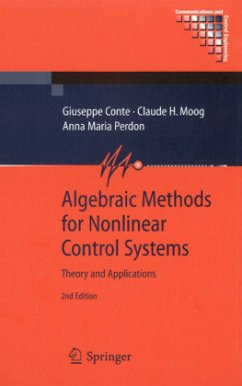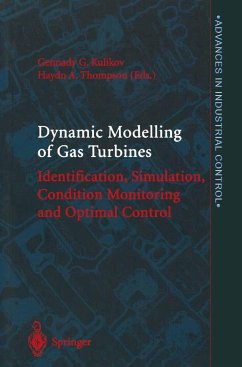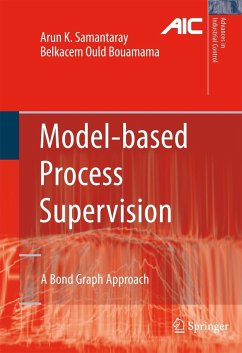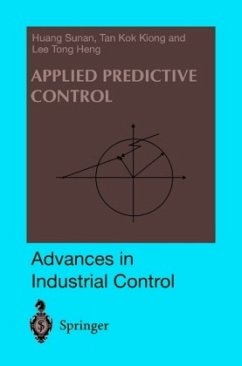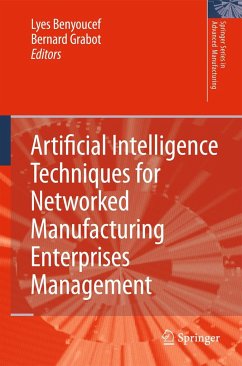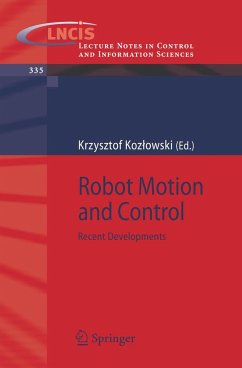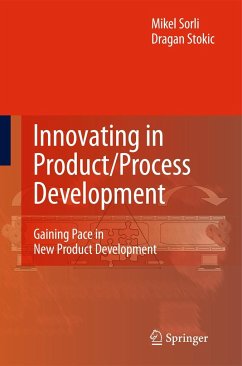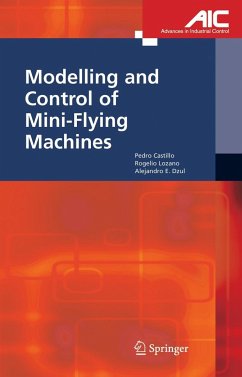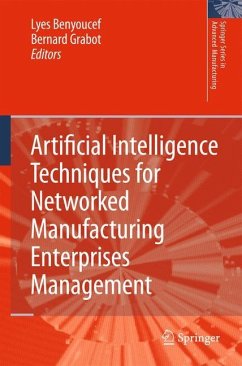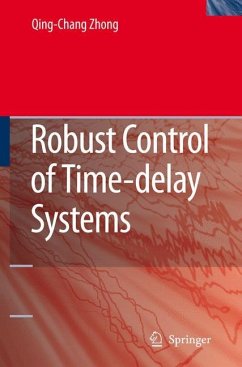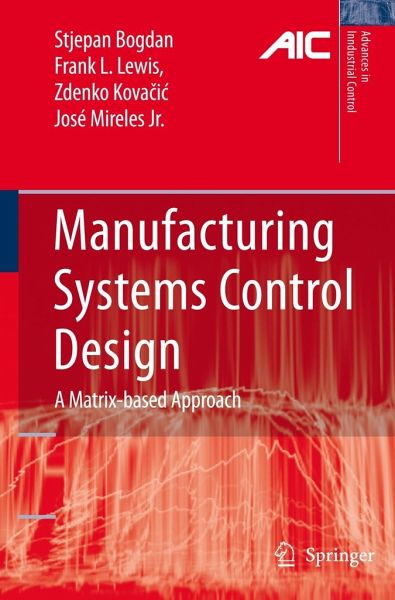
Manufacturing Systems Control Design
A Matrix-Based Approach

PAYBACK Punkte
57 °P sammeln!
The series Advances in Industrial Control aims to report and encourage technology transfer in control engineering. The rapid development of control technology has an impact on all areas of the control discipline. New theory, new controllers, actuators, sensors, new industrial processes, computer methods, new applications, new philosophies , new challenges. Much of this development work resides in industrial reports, feasibility study papers and the reports of advanced collaborative projects. The series offers an opportunity for researchers to present an extended exposition of such new work in ...
The series Advances in Industrial Control aims to report and encourage technology transfer in control engineering. The rapid development of control technology has an impact on all areas of the control discipline. New theory, new controllers, actuators, sensors, new industrial processes, computer methods, new applications, new philosophies , new challenges. Much of this development work resides in industrial reports, feasibility study papers and the reports of advanced collaborative projects. The series offers an opportunity for researchers to present an extended exposition of such new work in all aspects of industrial control for wider and rapid dissemination. In some areas of manufacturing, the elements of a flexible manufacturing system form the key components of the process line. These key components are four-fold: a set of programmable robots and machines, an automated materia- handling system that allows parts to be freely routed and re-routed, a buffer storage system where parts and partly-assembled components can wait until required for further processing and assembly and finally, a supervisory control system. The technology employed to coordinate and control all these components as a working system is usually based on programmable logic controllers. The use of this automation hardware and software in manufacturing is designed to yield significant cost reductions and to enhance quality.



